



7 Cool Alternatives to the Handshake
3rd May 2023
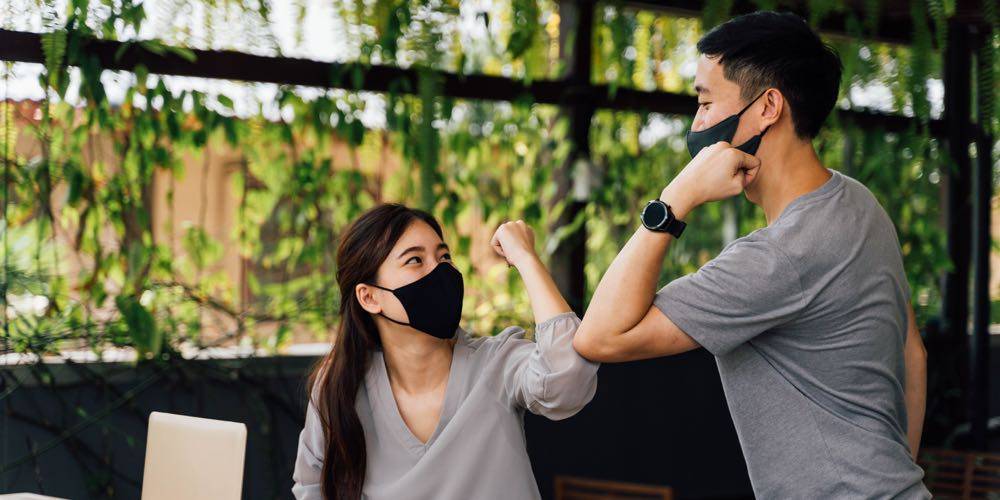

There is currently an explosion of information, comments and opinions on COVID-19 on the internet and social media. We believe that on serious topics in general, and on public health matters in particular, it is essential that you rely on facts and credible, expert information. Our mission at Alea is to bring you the best possible information and advice, so you can make the best choices for you and your family.
No one could have predicted that 2020 would be the year that physical greetings would become taboo. Indeed our regular hugs and handshakes have turned into awkward waves from a distance or trendy elbow bumps. Here are some new options for you to try out.
Why avoid a handshake?
Handshakes are a huge part of many cultures, indeed, the average person shakes 15,000 hands in their lifetime. Obviously these numbers will likely drastically change given our current climate but scientists have been warning us against handshakes long before this global pandemic.
In general, hands harbor three times more bacteria than the forearm or the elbow and by shaking someone’s hand you are just transferring staggering amounts of bacteria. Even though we’re all washing our hands much more frequently, it is still best to avoid it altogether.
What are the alternatives to the classic handshake?
People have gotten very creative since the start of the outbreak with finding new and inventive ways to greet each other. Greetings vary widely between cultures and some hand gestures might be considered rude in some places. So, here are just a few of them and where you should and shouldn’t use them.
Elbow bump
This is a classic greeting that periodically reappears. Indeed, interest in it was renewed during the avian flu scare of 2006, the 2009 swine flu pandemic, the Ebola outbreak of 2014, and today with COVID-19. It is widely used by politicians and appears as the most common alternative for handshakes in formal situations.
Read our complete guide on COVID-19 written by SARS veteran Dr. Sarah Borwein.
Wave
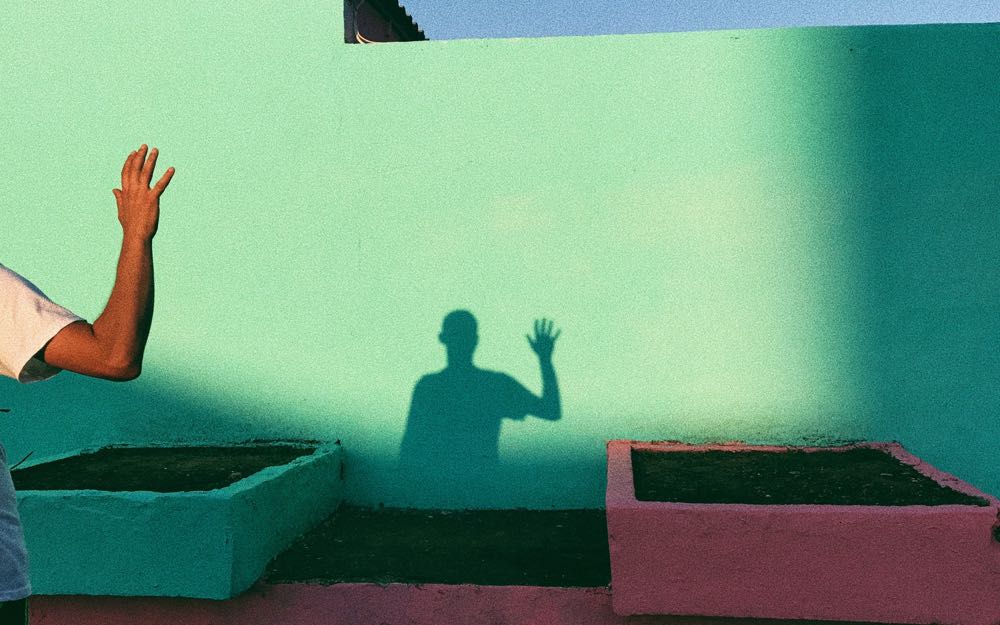
Although there are no universal greetings or gestures, the wave seems to be as universal as they can get. You should be safe from any miscommunication when using this one.
Watch out! In many countries it is considered rude to wave your hand right in front of someone’s face — not that anyone usually waves that way.
A peace sign
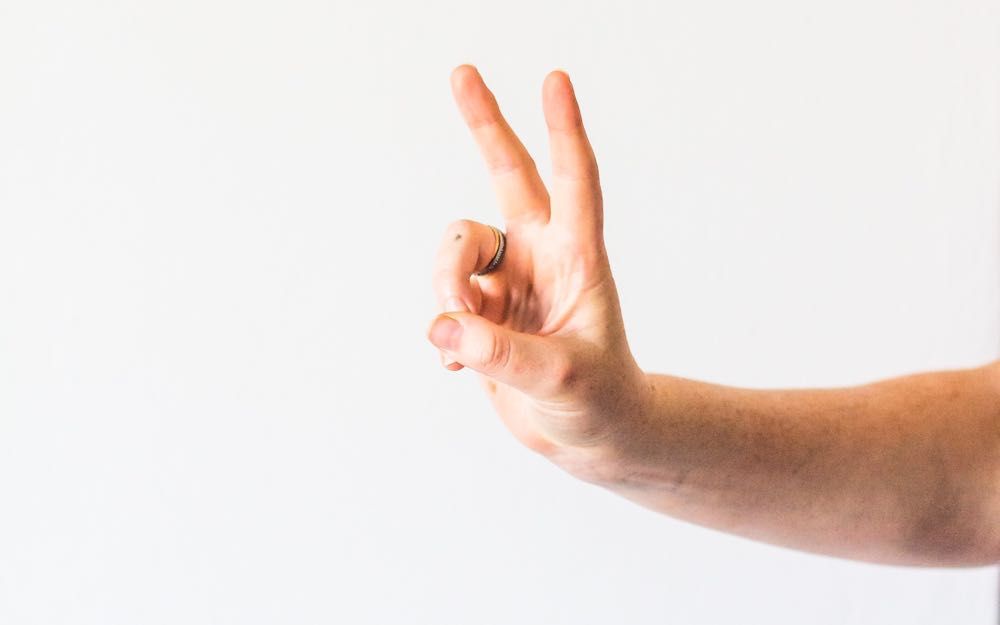
Originated from the British anti-nuclear activism from 1958, the peace sign is a relatively universal symbol — as long as your palm is facing outwards.
Watch out! A peace sign with your palm facing inwards is equivalent to a middle finger in many places including the United Kingdom, South Africa and Australia.
The "Wuhan Shake" or Foot tap
This became really popular back in March this year when videos emerged showing Wuhan people greeting each other by tapping their feet. This is a fun way to greet someone while staying safe.
Watch out! In India, feet gestures or using your feet to touch anything is one of the worst things you can do socially as they are seen as very unclean.
The “OK”
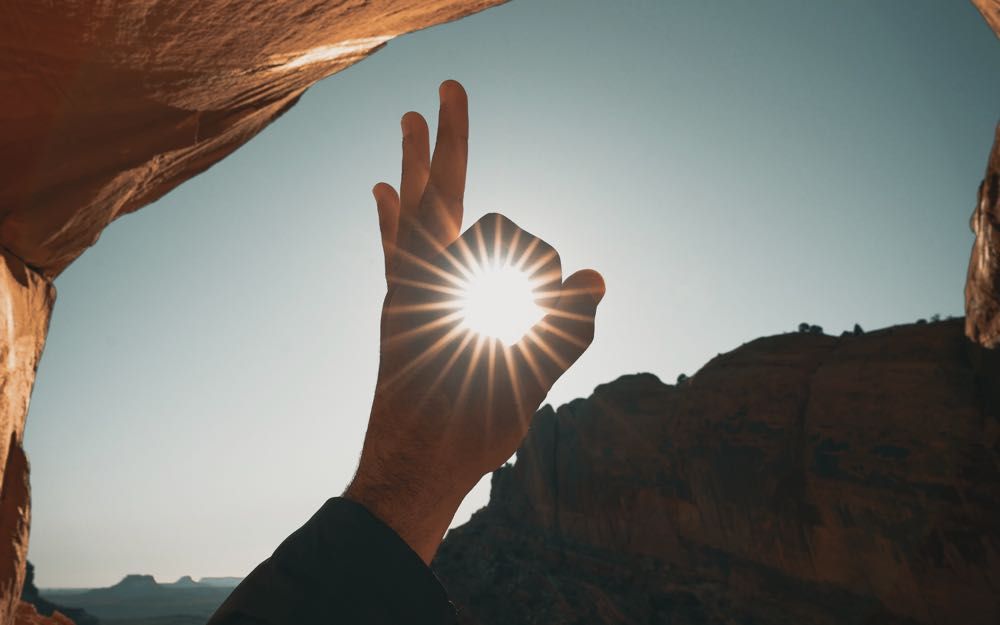
Anyone with experience scuba diving knows this gesture. Given the context, it’s a fun way to say “I’m okay” or “we’ll get through this”.
Watch out! It is considered a very rude gesture in Brazil so maybe steer clear of that one if you go there or have any Brazilian friends as it is synonymous with giving them the middle finger.
Are we being too laid back about COVID-19? Here’s how to combat caution fatigue.
The “shaka”
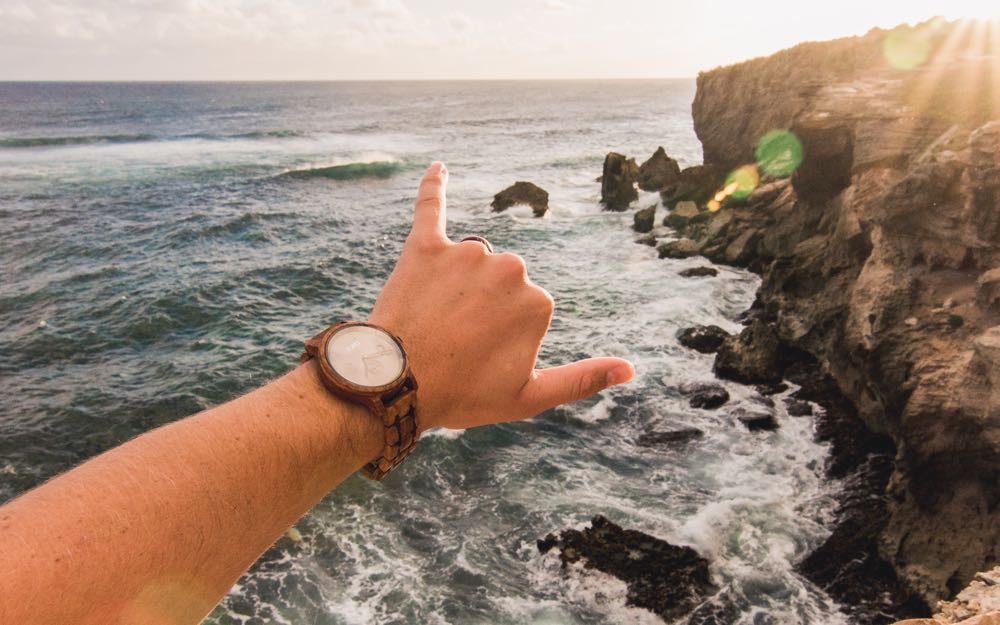
This gesture in which you raise your pinky and your thumb and shake them originated in Hawaii. This greeting is particularly popular with surfers and in any country where surfing is a big part of the culture, for example Australia.
Watch out! Although this is a fun gesture, it could be confusing to use in Mainland China, Hong Kong and Taiwan as it used for the number “6”, it is also important to note that it is considered a rude gesture in Spain and Italy.
The nod
If your hands are full or you don’t feel like using your hands and you can’t smile at anyone because your mask is covering your face, you may want to consider a nod. An upward nod is more casual, it could mean “what’s up” or “how’s it going” and is best used for close friends. A downward nod is often used to indicate respect, or with someone less familiar with.
Tired of your mask fogging up your glasses? Here’s how to resolve that issue for good.
The WHO recommendations
Last week, the WHO took a break from the serious content to post a fun visual with alternative greetings on their Instagram.
To find out more about the World Health Organisation’s public advice click here.
It is very likely that the popularity of the handshake won’t return to what it once was and it’s probably for the best. In the meantime, there are plenty of other greetings you can try and when travel returns to normal, make sure you know what gestures to steer clear of. We hope this guide will help you navigate the new social norms of the COVID-19 era and don’t forget to subscribe to our newsletter for more!
Looking for life or health insurance for yourself, your family or your team?
Do you already have an insurance policy? You could find a better plan!
Alea brings you choice, unbiased advice and outstanding service, with access to 100+ options from 25+ insurance companies. If you already have an insurance policy, switching insurance policies with Alea doesn’t cost you a thing.
Get free quotes with us today.
An advisor will be in touch to answer all your questions!
This article was independently written by Alea and is not sponsored. It is informative only and not intended to be a substitute for professional advice and should never be relied upon for specific advice.
